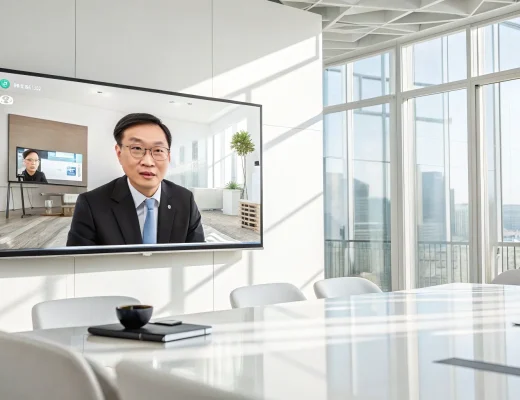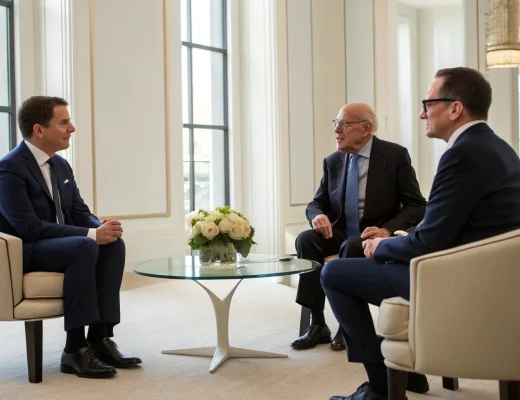Workplace culture is experiencing a shift as
Generation Z employees push back against traditional boundaries that once kept personal matters out of office conversations. The newest generation is questioning the longstanding norm of separating personal issues from professional environments to enter the workforce.
For decades, conventional workplace wisdom dictated that discussions about personal problems, family matters, mental health struggles, or other non-work topics should remain outside office walls. This separation was considered essential for maintaining professionalism and workplace focus. However, Gen Z workers—typically defined as those born between 1997 and 2012—are challenging this established boundary.
Changing Perspectives on Workplace Communication
Generation Z employees are advocating for more
authentic workplace interactions that acknowledge the whole person, not just the professional facade. This generation views the traditional separation between personal and professional lives as potentially harmful and outdated.
The push for change reflects broader societal shifts in how mental health, work-life balance, and personal well-being are valued. Gen Z workers often argue that pretending personal struggles don’t
affect work performance creates unnecessary stress and prevents meaningful workplace connections.
This perspective represents a significant departure from previous generations, who typically maintained stricter boundaries between their work and personal identities. Baby Boomers and Gen X employees often prided themselves on their ability to compartmentalize, while Millennials began pushing these boundaries slightly.
Benefits and Concerns
Proponents of this cultural shift point to several potential benefits:
- Improved mental health through reduced pressure to hide personal struggles
- Stronger team bonds and trust through authentic interactions
- More effective support systems within the workplace
- Reduced stigma around discussing challenges like caregiving responsibilities or health issues
However, not everyone supports eliminating these traditional boundaries. Critics worry about potential downsides, including privacy concerns, professional boundary erosion, and the risk of oversharing, which can create workplace discomfort. Some managers express concern about navigating more personal relationships with direct reports.
“The workplace wasn’t designed to be a therapy session,” notes one senior manager who requested anonymity. “While I support employees bringing their authentic selves to work, there needs to be a balance.”
Companies Adapting to New Expectations
Organizations are responding to this generational shift in various ways. Some companies are implementing mental health days, creating more open communication channels, and training managers to handle personal discussions appropriately. Others are maintaining more traditional boundaries while adding
support resources like employee assistance programs.
Human resources professionals find themselves navigating this changing landscape carefully. We want to create supportive environments where people
feel valued as whole individuals,” explains a corporate HR director. “But we also need to maintain appropriate professional standards and respect that not everyone wants the same level of personal disclosure at work.”
This tension between traditional workplace norms and evolving expectations represents a significant cultural negotiation happening across industries. As Gen Z continues to grow as a percentage of the workforce, their influence on workplace communication norms will likely increase.
The outcome may be a new middle ground that allows for more authentic workplace interactions while still maintaining necessary professional boundaries. For now, both younger and older workers are learning to navigate these changing expectations, sometimes with awkward but potentially productive results.







